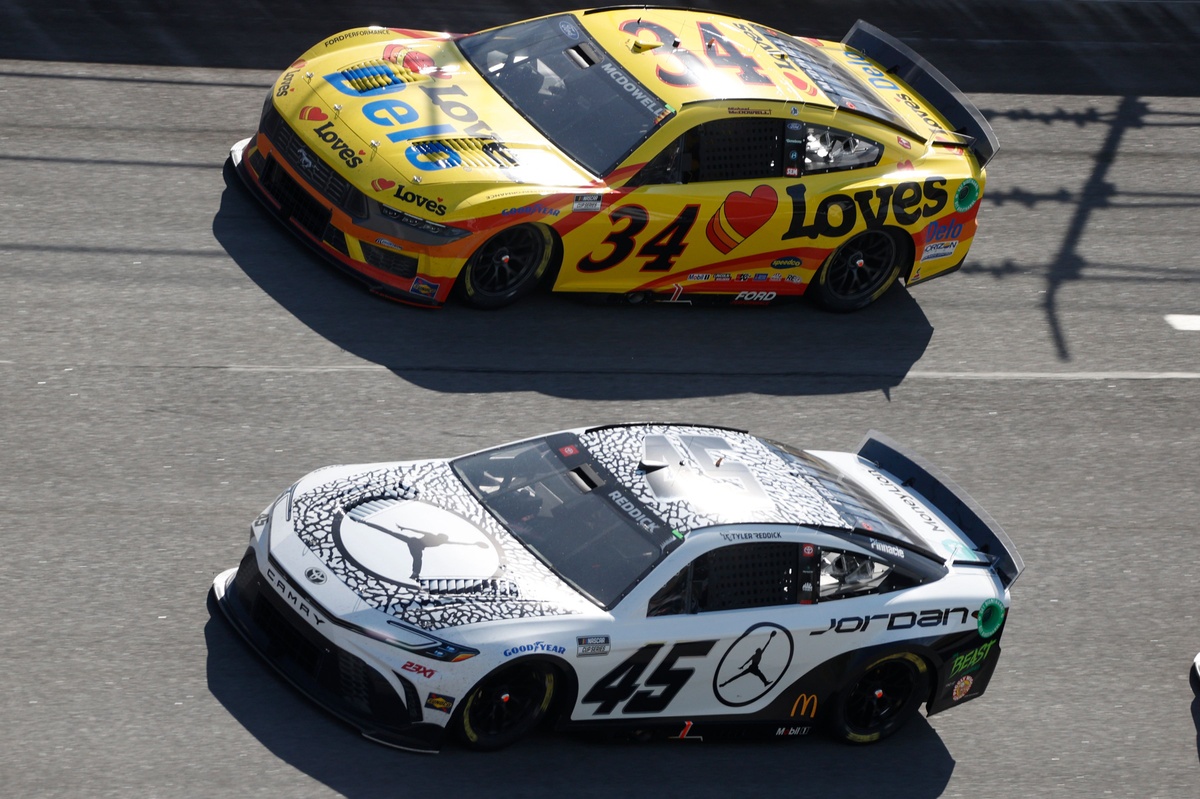On May 9, the U.S. Court of Appeals in Richmond, Virginia, held a contentious hearing where lawyers for NASCAR and the racing team 23XI debated overturning an interim injunction that was granted last December. This injunction had allowed 23XI and Front Row Motorsports (FRM) to compete under their charters without being subject to certain release clauses in their 2025 charter contracts, which included a waiver preventing them from suing NASCAR. The teams argued that these constraints could be seen as antitrust violations when combined with other factors.
However, on Thursday, the Court of Appeals reversed the injunction, ruling in favor of NASCAR. Although this ruling won’t take effect immediately, as the teams have up to two weeks to file for another hearing, if one occurs, 23XI and FRM would be required to race as open teams without charters for the remainder of the season. If no hearing is requested, the ruling will be enforced starting June 26.
The potential impact on the teams is significant. At an earlier hearing, attorney Jeffrey Kessler contended that the financial burden of having to qualify for races weekly—as open teams must—would be unsustainable. This situation could jeopardize sponsorships and driver contracts, stripping the teams of the advantages that come with charter ownership while still competing against chartered rivals, potentially hurting their on-track performance. For reference, this year some races like the Daytona 500 saw cars sent home due to field size limits, highlighting the risk.
Adding to the complexity, both 23XI and FRM currently hold three charters each. They had even used the injunction to purchase charters from Stewart-Haas Racing and planned a third team entry in 2025. During the hearing, a judge questioned the logic of benefiting from the 2025 Charter Agreement under these circumstances. The Thursday ruling cited this as a key reason for rejecting Kessler’s antitrust claims, stating the argument lacked substantiation. The court also noted that the teams failed to demonstrate a high likelihood of success in their case, leading to the injunction’s reversal. The trial itself is scheduled for December.
In response, Jeffrey Kessler and the teams expressed disappointment with the appellate court’s decision but indicated they are considering their next steps. They emphasized that the decision was narrowly focused on the anti-competitive nature of the releases in the Charter Agreement and does not affect their confidence in winning the upcoming trial.
—
Fan Take: This ruling is a pivotal moment for NASCAR as it reinforces the importance of charter agreements in maintaining the competitive and business structure of the sport. For fans, it means the established teams will retain their privileges, but the ongoing legal battle underscores the tensions around how NASCAR controls team participation, a storyline that could reshape the future landscape of racing.



